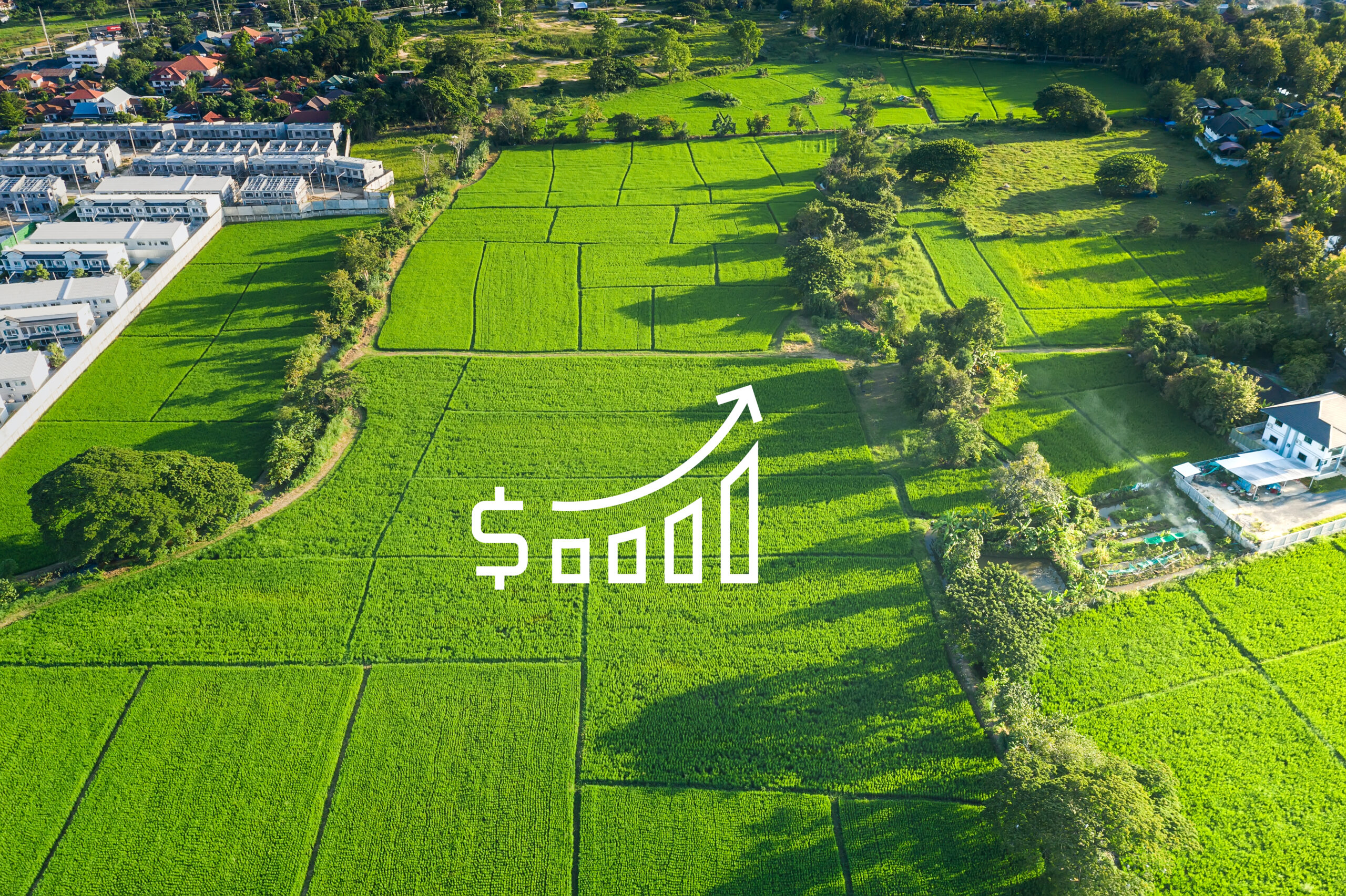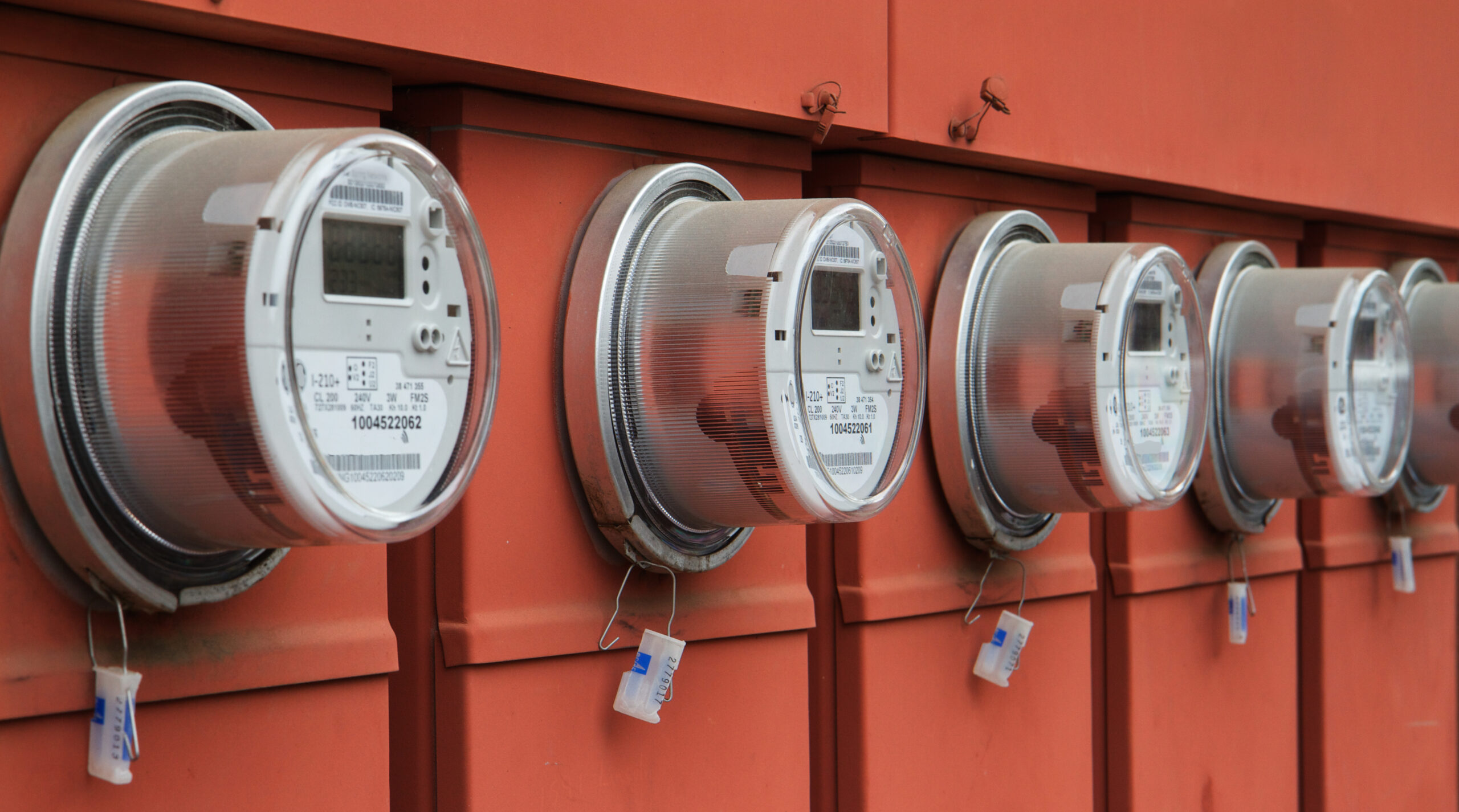Last Updated on October 24, 2023 by Heather McDowell
While inflation has cooled for the second consecutive month — a decrease to 5.2 percent in February from January’s 5.9 percent result after 40-year highs last summer — grocery bills remain high. In fact, groceries are the single highest variable cost category for Canadian families on average, outpacing heavy-hitter households: energy consumption.
Recent research polls show the economy and, more specifically, inflation remains among the top issues weighing on the minds of Canadians coast to coast.
Budget Overview
The full 2023 federal budget, entitled “A Made in Canada Plan,” can be read here.
In general terms, it shows that the federal deficit is projected to be $43 billion this fiscal year, and Finance Minister Chrystia Freeland is no longer forecasting that federal coffers could be back in the black by 2027-2028.
The government unveiled its continued deficit spending targeted at Canadians’ pocketbooks, public health care, and the clean economy.
Adding to the deficit may have ruffled some feathers.
In response to criticisms, Freeland had this to say, “New measures to support a thriving net-zero Canadian economy will generate good jobs and broad-based prosperity.”
In essence, as part of the national strategy to combat inflation, the federal government is choosing to increase spending versus cutting it back to meet the revenue shortfall.
Combatting Food-Flation
With the cost of food in stores rising by 10.6 percent year over year last month, according to Statistics Canada, the federal government is proposing a new one-time “grocery rebate.”
An eligible couple with two children could receive payment of up to $467. A senior citizen would receive $225, while a single individual would receive $234. The federal budget also speaks to a one-time payment to combat inflation.
Critics of the budget have questioned how helpful these one-offs are when inflation is an ongoing issue being faced by Canadian families.
To that, Albertan MP Randy Boissonnault noted that it’s a balancing act. In his opening, the government needs to protect Canada’s AAA credit rating on the global economic stage. Also of importance is to provide some relief to Canadian households until inflation levels out, which can be expected by December 2023, according to the Bank of Canada’s latest prediction.
Growing A Green Economy
The federal government plans on spending $20.9 billion in new money on growing the green economy.
Arguably the centrepiece in Tuesday’s budget was the chapter on spurring economic growth in Canada’s clean energy sectors through investment tax credits, low-cost strategic financing, and targeted programs to foster growth in critical minerals and other key sectors such as electric vehicles.
Clean electricity has been touted as “the backbone” of the federal government’s plan.
Its opportunity is two-fold; to tackle climate change and keep Canada competitive in a low-carbon future by harnessing the economic opportunities of the federal investment.
This portion of the federal spending plan includes:
- A refundable 15 percent clean electricity investment tax credit for investments in non-emitting electricity generation systems and electricity storage or transmission, at a cost of $6.3 billion over 4 years;
- A refundable clean technology manufacturing tax credit equal to 30 percent of the cost of investments in machinery used to manufacture or process clean technologies, at a cost of $4.5 billion over five years;
- A clean hydrogen investment tax credit was first signalled in the 2022 fall update, with support ranging from 15 to 40 percent of eligible project costs; and
- At least $20 billion coming from the Canada Infrastructure Bank to support building major clean electricity and clean growth infrastructure projects.
“In the months and years to come, we must seize the remarkable opportunities for Canada that are presented by two fundamental shifts in the global economy: the race to build the clean economies of the 21st century, and our allies’ accelerating efforts to friendshore their economies by building their critical supply chains through democracies like our own,” reads Freeland’s foreword.
When asked whether this budget served Albertans well, one politician seem to align well with Freedland’s when he said, “With its strong focus on investment attraction, job creation, and economic growth, Budget 2023 sets the stage for Alberta to remain Canada’s economic engine for decades.”
A Home Run or No?
Budget 2023 announces that financial institutions are now able to start offering the Tax-Free First Home Savings Account to Canadians as of April 1, 2023.”
Obviously targeting first-time home buyers, we asked Jesse Davies, a long-standing resident of Alberta, REALTOR® and leader of the Jesse Davies Team, whether he felt like this would move the needle for first-time home buyers. Here’s what he had to say,
“We definitely think this will help first-time home buyers in the next few years save up for a downpayment with the introduction of a tax-free saving account. The annual limit of $8,000 is tax-free and tax-deductible with a total limit of $40,000 which you don’t need to pay back.”
Despite the 2023 federal budget acknowledging, “Homes should be for Canadians to live in—not a financial asset class…A lack of affordable housing also has an impact on our economy.”, there’s little new in this budget when it comes to new housing measures.
The “Made-in-Canada Plan” document acknowledges housing as “…is a complex and longistanding issue—one that requires a real plan to address the multitude of factors that are making housing more expensive in Canada,” but is criticized for doing little beyond mentioning existing or ongoing efforts and allocating $4 billion more for the Canada Mortgage and Housing Corporation “to implement a co-developed Urban, Rural, and Northern Indigenous Housing Strategy.
This year’s federal budget announced the government’s intention to support the reallocation of funding from the National Housing Co-Investment Fund’s repair stream to its new construction stream, as needed, to boost the construction of new affordable homes for the Canadians who need them most.

We once again leaned on someone who’s immersed in real estate in Calgary communities on a daily basis, REALTOR® extraordinaire Jesse Davies, for his perspective on whether the Federal Government’s budget does enough to address the affordable housing issue for Albertans.
“Affordable housing is attractive to a certain demographic but usually is catered to individuals or families who are a long way away from being qualified to buy. This will take some renter’s demand off the table, but we don’t see it helping the supply crunch for buyers.”
In Conclusion
By some accounts, the budget went too far in government spending and fell short of the previous promise to balance the books. Others criticize the 2023 plan for not providing enough support to Canadians when inflation worries are at an all-time high. We, at Canadian Real Estate Wealth, will wait with near-baited breath to see which perspective rings true, all while counting our nickels.
Considering an investment into Calgary real estate? The Jesse Davies team can help you find the right place to put your hard-earned money, whether it be a pre-construction condo, a rental property, or a joint-venture initiative. Reach out to Jesse via email at jesse@jessedavies.ca.
Heather McDowell is a mother and a REALTOR®. Heather has spent most of her real estate career selling residential real estate, and its leasing and has dealt with the additional complexities of the cottage, timeshare and rural properties, and condominiums. She has dabbled in new construction and is expanding her portfolio to include commercial sales and leasing. Heather is also a dedicated volunteer for both the local women’s shelter and a national hospice organization and is an emerging playwright.
Heather describes her focus as diversifying real estate content that not only addresses national matters but explores those issues unique to each province and territory.
You can contact Heather at heather@crewmedia.ca or find her on socials at:
Facebook – https://www.facebook.com/thestoreytellingcompany/
LinkedIn – www.linkedin.com/in/heather-mcdowell-98134118b
Instagram – https://www.instagram.com/hmcdowellrealty/








